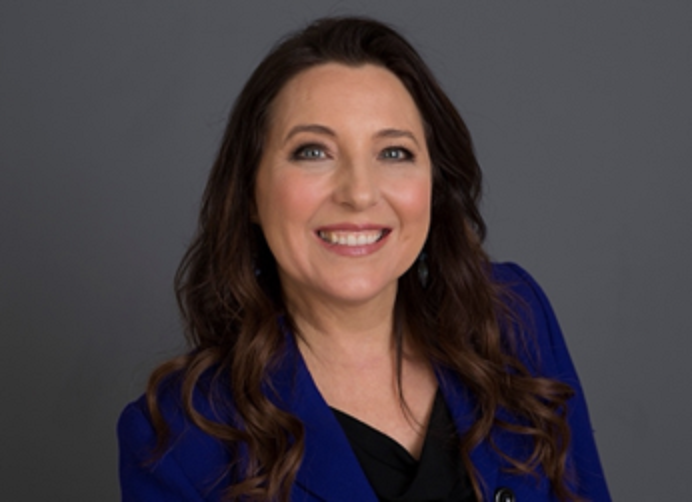MGH Department of Medicine Sex & Gender Program
The Department of Medicine (DOM) Women’s Health and Sex- and Gender-based Medicine (WSGM) Program reaches across all sub-specialties in Internal Medicine and operates through 5 Pillars: Education, Research, Clinical Care, Advocacy/ Community outreach and Leadership.
WSGM Education team aims to:
Collaborate across divisions, other departments, and with BWH Fish Center for Women’s Health and outside institutions to enhance educational programs in women’s health at MGH
Develop faculty expertise with a core curriculum and specialty interests in WSGM and make available for interested providers
Develop WSGM competencies and curricula through scholarship in WSGM education and participation with national organizations. Identify leadership courses for faculty development.
WSGM Research aims to:
Highlight, promote, and conduct interdisciplinary, collaborative research in women’s health and sex and gender differences
Encourage all DOM investigators to include women/ female subjects in research (humans, animals, tissues, cells) and report findings according to sex and gender, where applicable
Explore the impact of sex and gender on health and disease regarding biology and environment
Promote research opportunities and provide forums to showcase research accomplishments to facilitate research by supporting biostatistics consultations and pilot awards.
WSGM Clinical Care aims to:
Develop “one‐stop shop” for comprehensive WSGM care in women’s health
Form department‐wide network of providers and programs across divisions with expertise in WSGM as a “center‐without‐walls”
Expand and fortify current strengths in women’s cardiology, endocrinology, hematology/ oncology, women’s health primary care, and transgender health.
Develop new areas of expertise and programming through collaborations with other departments.
WSGM Advocacy and Outreach aim to:
Build on existing writing programs (e.g., the Public Voices Program) to advance the DOM’s ability to highlight and lead on critical issues in WSGM.
Engage with external advocacy groups and lobbyists to inform policies and legislation at the city, state, regional, national, and international levels.
Develop with communication experts outward‐facing materials to broaden the DOM’s reach to facilitate engagement with patient populations interested in receiving sex‐ and gender‐informed care.
Collaborate with patient‐focused organizations at the local level and beyond.
Deborah Gomez Kwolek, MD, FACP, NCMP
Lead, Women's Health and Sex and Gender Based Medicine Program, MGH Department of Medicine
Multidisciplinary Steering Committee member, Women's Preventive Services Initiative (WPSI)
Co-Chair Mentorship Committee, Sex and Gender Collaborative
Chair, Women and Medicine Commission, Society of General Internal Medicine
Director, Women's Health Resident Rotation, MGH
Stephanie Seminara, MD
Professor of Medicine, Harvard Medical School
Chief of the Reproductive Endocrine Unit, Massachusetts General Hospital


